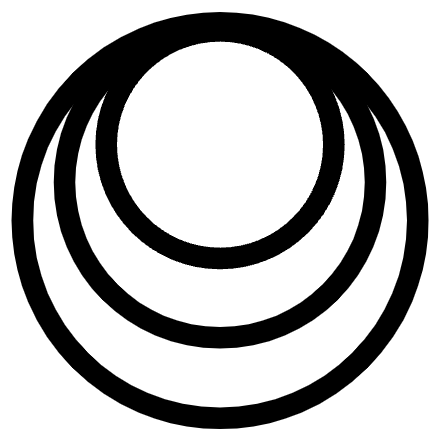In this piece I examine the act of suicide in terms of the Existential Framework. Suicide is a sensitive subject, so please read the Descentist Disclaimer prior to reading this work.
In The Existential Creator Model: A System Analysis, I examine my life in terms of the fundamental and recurring pattern called productions. But what exists before I engaged any productions? I refer to this period as the pre-productive state, and imagine birth as the beginning.
Destiny is the fact that every life will inevitably end. The moment life is born, prior to the engagement of any productions, its destiny is to end. Destiny is therefore the original purpose of life, or the pre-productive purpose.
Absent nurturing parents, a baby would realize its destiny quickly as it has no capacity to self-preserve. Nurtured and protected, the baby will grow, thrive, develop a sense of self-preservation, identity, worldview, and subsidiary goals and values. Destiny remains unavoidable, only our acceptance of it and capacity to delay its attainment have changed.
The mechanism for achieving this delay is the life production, which forms the ground level of my life experience.
The core tenet of the life production is the belief that I’m alive; the core values are a preference for comfort and self-preservation, and conversely a fear of death and discomfort. All other productions form on top of the life production.
As we age, we join additional productions which layer upon the life production and pre-productive state. The original destiny still exists within, however our awareness of it is obscured by the additional layers. One purpose can temporarily supplant another, but the original purpose can never be fully replaced. So the instinct to self-preserve, nullifying the original purpose, must be acquired. Life is an acquired belief. I don’t remember realizing I was alive until, according to my parents, I was 3 or 4. Self-preservation is also a learned value, associated with the life production.
In many cases, the value of life, and its associated beliefs and behaviors, are not acquired. Instead, the base level purpose remains and expresses itself as various anti-life behaviors, desires, and beliefs. The assumption of depression is that it is a disorder, and that rejecting self-preservation is an extreme version of it. In fact, depression is really simply a rejection of the life production, the values and beliefs which come with it.
Depression is a rejection of the tenets of the life production – when most people are joining the life production, the “depressed” person retains a sense of their original truth. Forced to live, their suffering becomes more accute, blossoming as depression.
